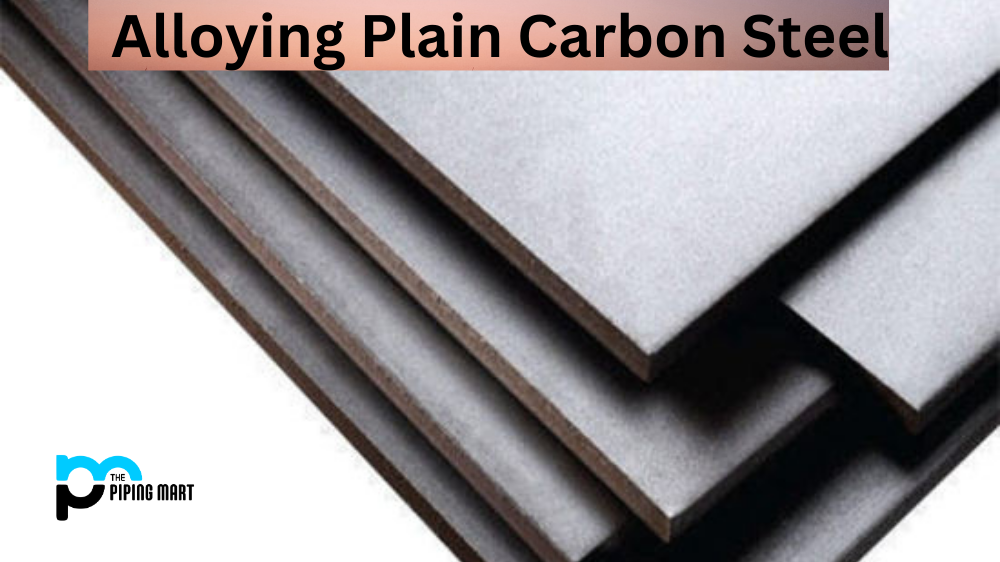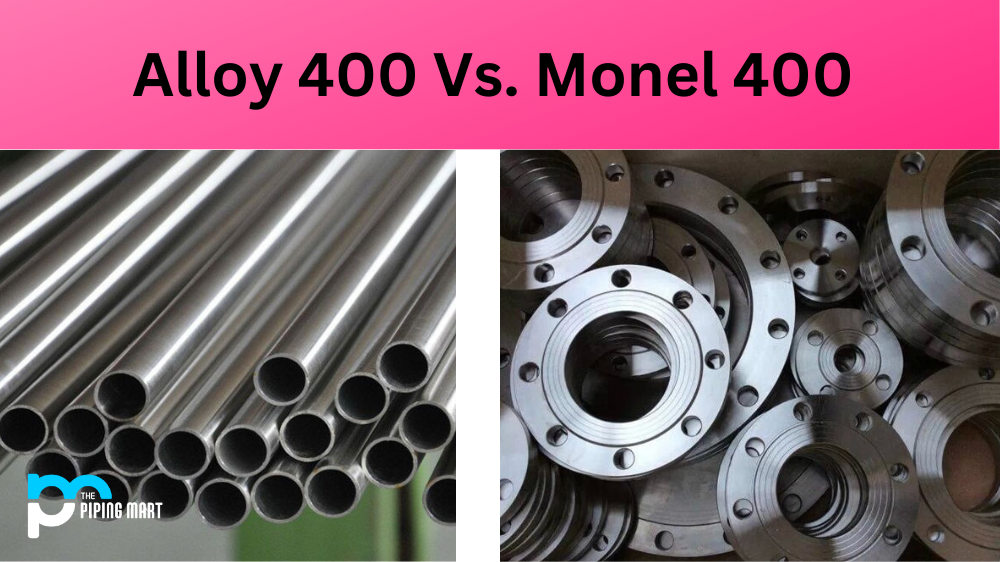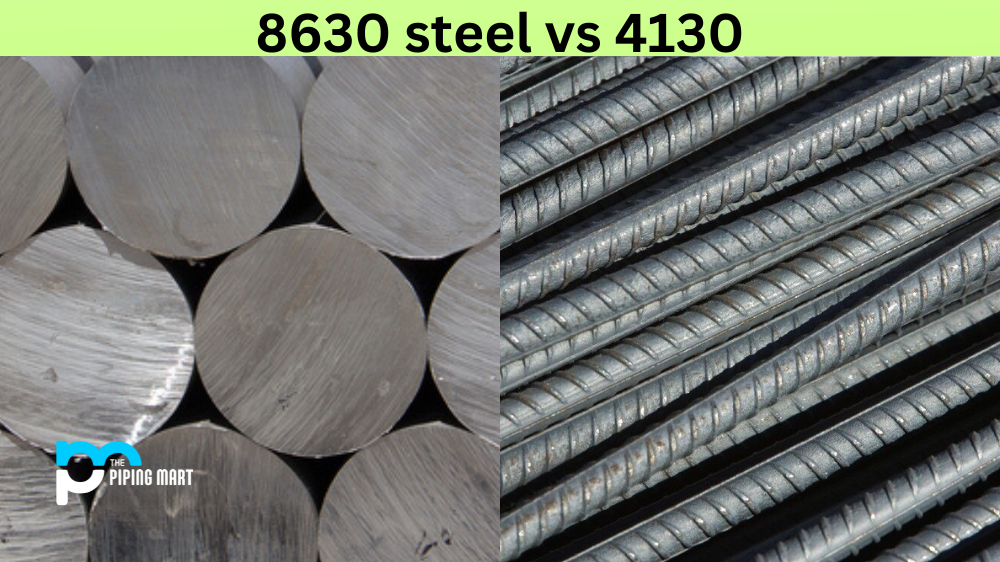Steel is an incredibly versatile material. It has a variety of uses and can be molded and manipulated to fit almost any purpose. However, plain carbon steel—steel that is composed entirely of iron and carbon—isn’t strong enough or malleable enough to meet all needs. That’s why alloying elements are added to it. Let’s take a closer look at how this works.
What is Alloying?
Alloying is the process of adding other elements—such as chromium, nickel, silicon, molybdenum, or manganese—to the steel in order to improve its properties. This process increases the strength and hardness of steel while also making it more resistant to corrosion and wear. Alloyed steel can also be heat-treated to give it additional qualities such as increased toughness or improved ductility.
Why we use alloy steel?
Alloyed steel offers a number of benefits over plain carbon steel. It can be used for applications where plain carbon steel would not be suitable due to its strength, hardness, or resistance to wear and corrosion. For example, alloyed steel is often used for components in engines or machines that require extra durability, such as gears, shafts, axles, and pistons, because it can withstand high levels of stress without breaking down quickly, as plain carbon steel would. In addition, alloyed steel can be used in environments where corrosion resistance is important such as underwater or coastal locations, because the added elements increase its ability to resist rusting or corroding over time.
What Other Uses Are There For Alloyed Steel?
Alloyed steel isn’t just used in industrial settings; it also has many applications in everyday life, such as cars, bicycles, tools and kitchen utensils, etcetera, because of its strength and durability. In fact, some types of alloyed steels are even used in medical implants because they are so strong yet still flexible enough for use within the human body.
Conclusion
Alloys are a necessary part of creating better quality materials from basic metals like iron and carbon – especially when those materials will be subjected to high levels of stress or special circumstances like underwater use or medical implantations. By adding different elements into the mix during the alloying process, manufacturers are able to produce stronger, more durable, higher quality materials that can withstand more stress than plain carbon steels. When you’re looking for products made from metal, keep an eye out for those that have been properly alloyed —you’ll know they’re made with quality!

A passionate metal industry expert and blogger. With over 5 years of experience in the field, Palak brings a wealth of knowledge and insight to her writing. Whether discussing the latest trends in the metal industry or sharing tips, she is dedicated to helping others succeed in the metal industry.




